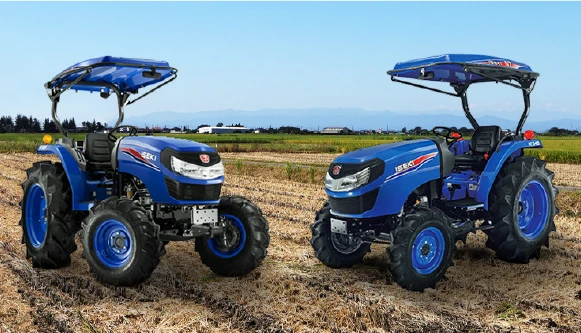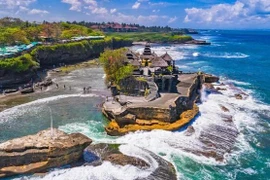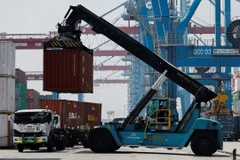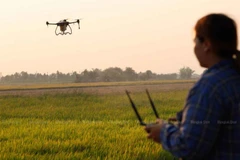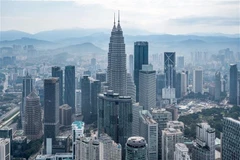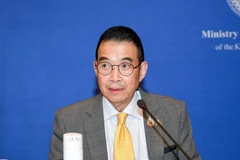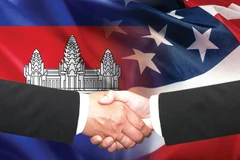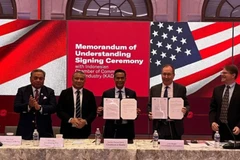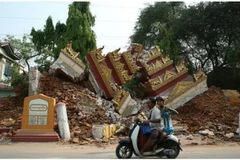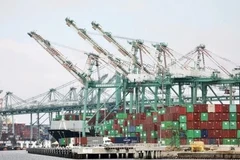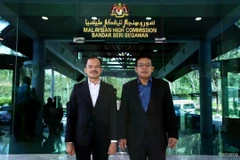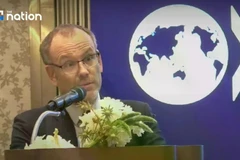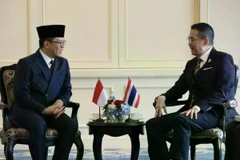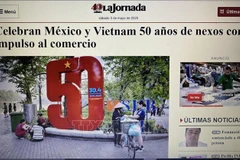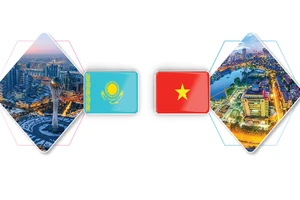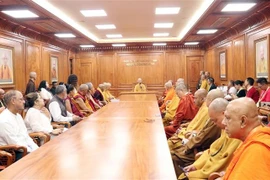Tokyo (VNA) – Japanese farm equipment maker Iseki & Co. plans to have Indonesia manufacture 90% of products bound for overseas markets by 2030.
The plan aims to shift its capacity away from Japan where labour and demand have shrunk steeply in the agricultural sector.
Iseki's plant in Indonesia performs final assembly of tractors and lawnmowers destined for Western countries. Last year, the company expanded the plant's annual capacity 20% to 22,000 units.
The relocation of capacity is around 60% complete, according to asia.nikkei.com.
Iseki has five Japanese production sites capable of making different products at limited volumes to respond to diverse demands. However, the shrinking Japanese market has led to a downturn in factory utilisation, hurting its finances. In July, Iseki announced it will cease production at a plant in Kumamoto prefecture and transfer some production processes to another facility in Ehime prefecture.
Iseki is pushing structural reforms in Japan while consolidating production capacity in Indonesia.
Other Japanese farm machinery makers such as Kubota and Yanmar Holdings are moving forward with overseas strategies.
The business environment in Japan is shrinking. According to data from the Japanese Ministry of Agriculture, Forestry and Fisheries, last year, the number of "core" farm workers stood at 1.16 million, which is half the count from 20 years ago.
The Japan Agricultural Machinery Manufacturers Association said that domestic shipments of farm equipment by value have declined 30% from a decade earlier./.
